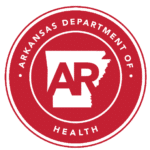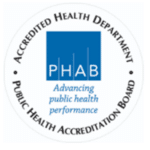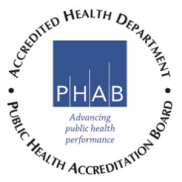


Definition
Evaluation is the systematic process of collecting and analyzing data to assess the effectiveness and efficiency of programs, policies, or organizations and to provide recommendations to programs to improve their implementation efforts (Source: Centers for Disease Control & Prevention).
Types of Program Evaluation (CDC)
- Formative evaluation: Assess whether a program, policy, or organizational approach is feasible, appropriate, and acceptable before it is fully implemented.
- Process/Implementation evaluation: Assess how well program implementation followed the original plan.
- Outcome evaluation: Measures how well a program, policy, or organization has achieved its intended outcomes.
- Impact evaluation compares the outcomes of a program, policy, or organization to estimates of what the outcomes would have been without it. It usually seeks to determine whether the activities caused the observed outcomes.
- Economic evaluation: Examines programmatic effects relative to program costs, suing cost analysis, cost-benefit analysis etc.
Framework for Program Evaluation
OPMQIE uses six essential steps of the “CDC Framework for Program Evaluation in Public Health,” to evaluate ADH programs.
- Assessment of context
- Program description
- Evaluation questions and design
- Credible evidence or result
- Use results to support conclusions
- Act on findings

ADH programs currently being evaluated by OPMQIE
- The CDC-OT21-2103 Grant: Expands prevention resources; improves data collection and reports; enhances infrastructure support; and mobilize partners and collaborators to promote health in rural areas.
- The CDC-CE24-0027 Grant: Aimsto enhance the capacity to facilitate and monitor the implementation of sexual violence (SV) prevention programs, practices, and policies.
- The CDC-CE24-2204 Grant: Provides comprehensive public health approaches to suicide prevention.
- The 988 Capacity Improvement Project Grant: Increases collaborations to improve the ‘answer rate’ on ADH Arkansas Lifeline Call Center.
- The CDC-OE22-2203, also called the Public Health Infrastructure Grant: Promotes well-being of the public health workforce and enhances organizational competency with a focus on agency’s foundational capabilities
Resources
- CDC Program Evaluation Framework
- Logic Model: Center for Disease Control and Prevention (CDC)
- Logic Model for program evaluation: National Association of County and City Health Officials (NACCHO)


